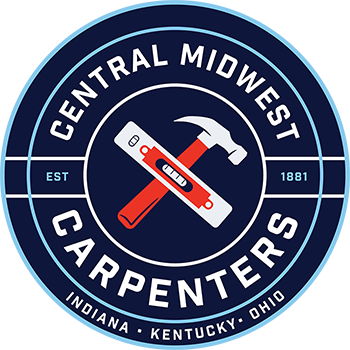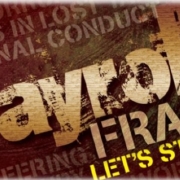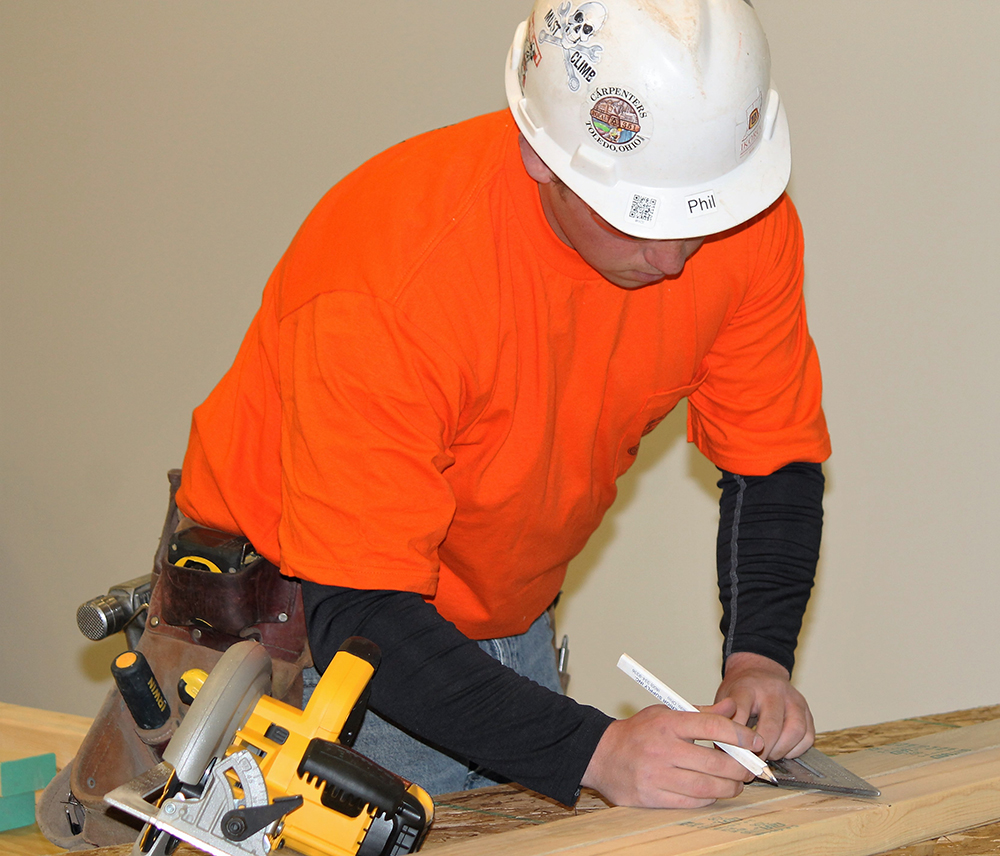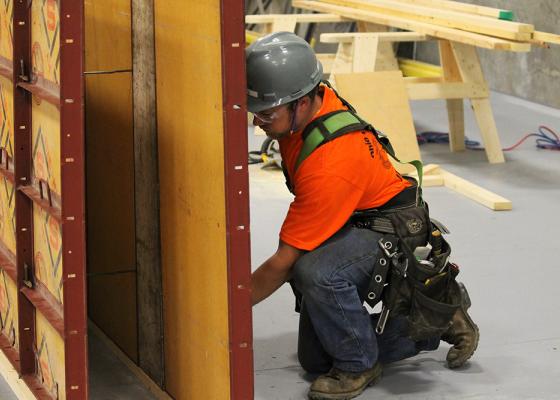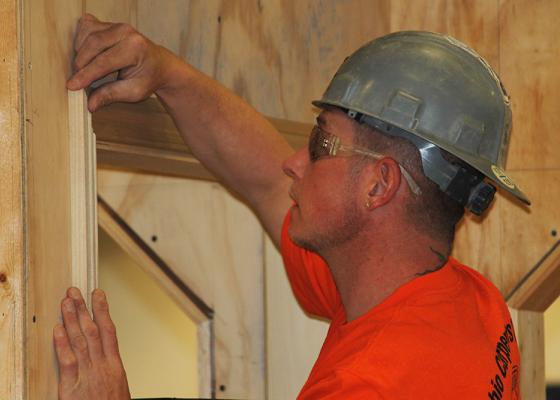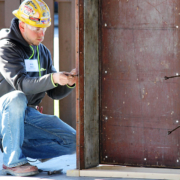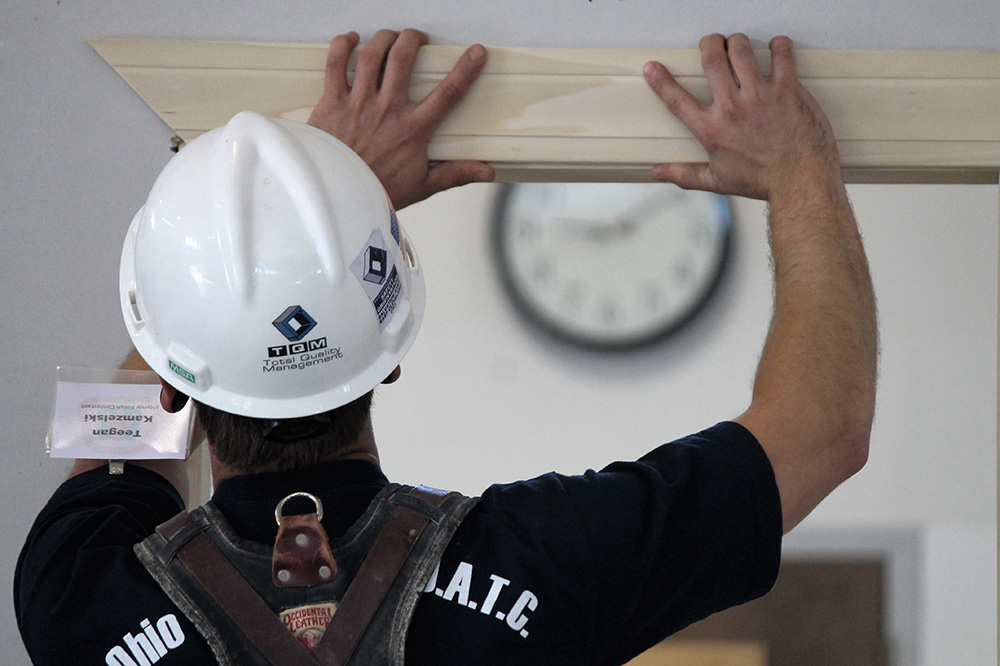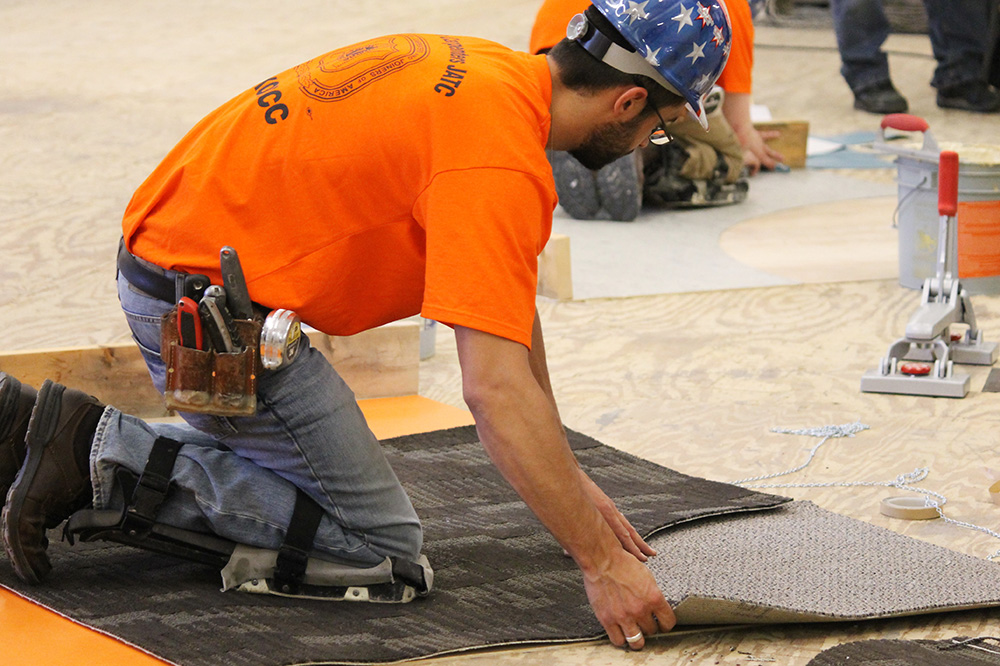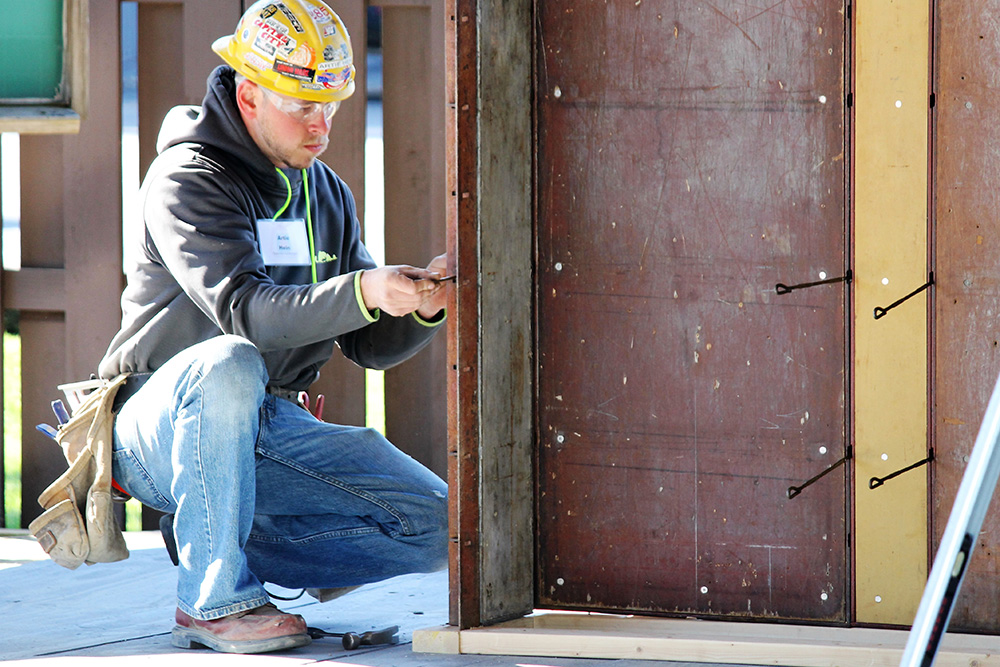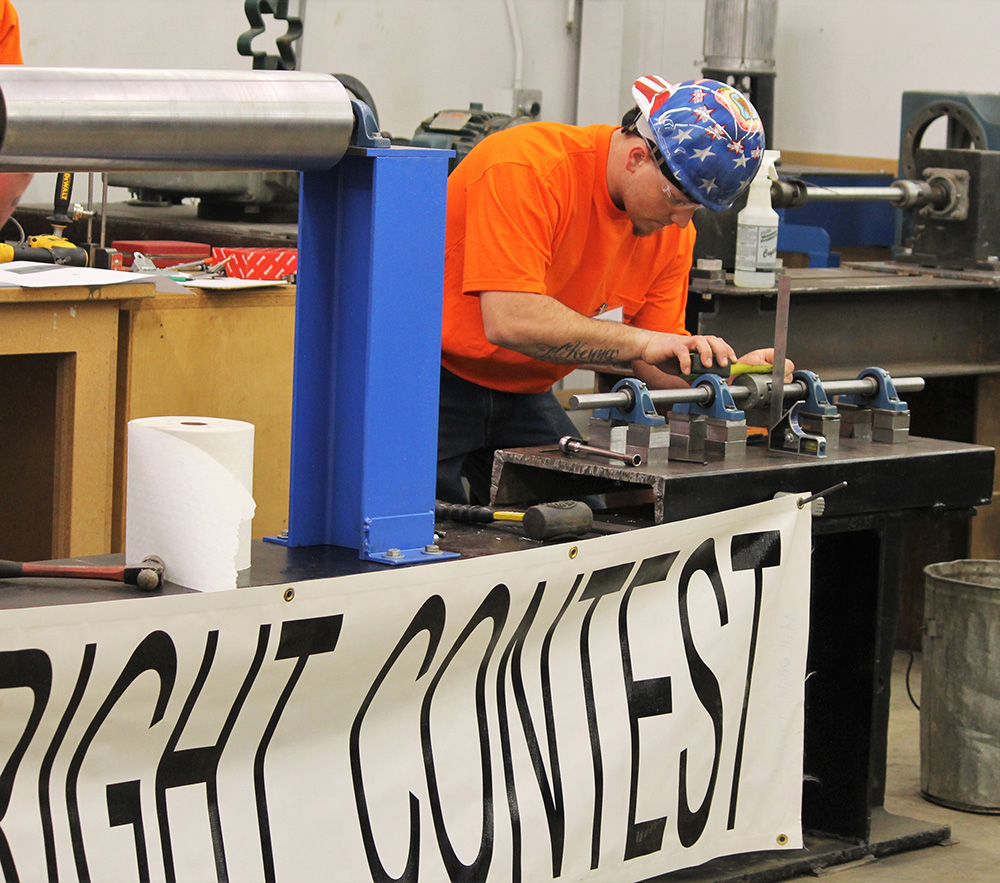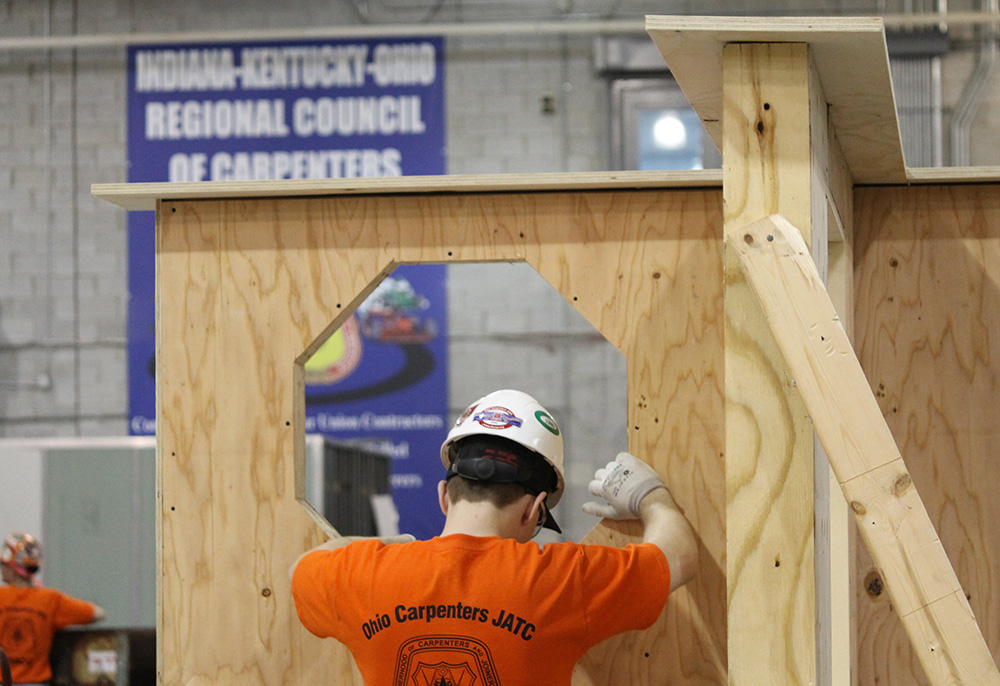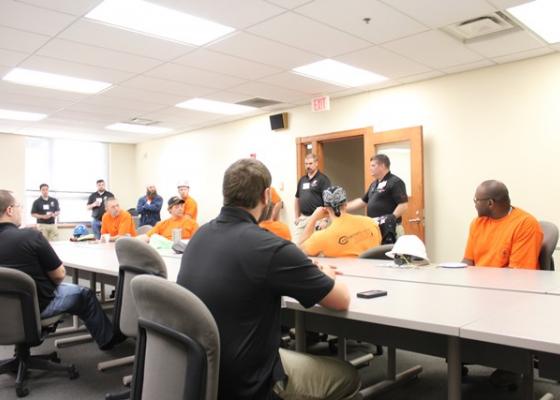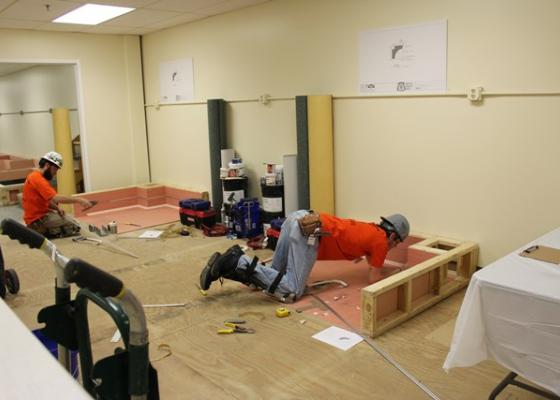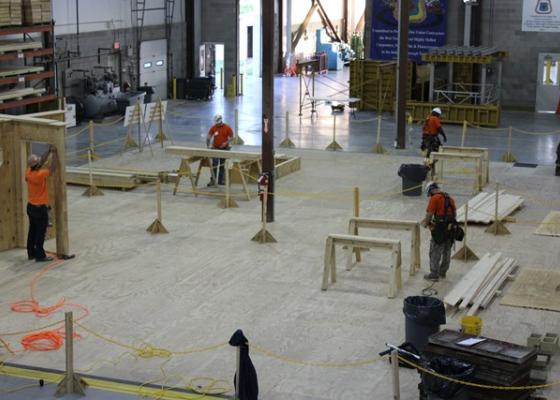
Mid-South Regional Council of Carpenters:
A contractor working on the University of Tennessee’s Strong Hall construction project will pay more than $300,000 in fines for labor violations.
JAC Jack Construction LLC, a Knoxville-based labor provider, has agreed to pay a penalty of $336,987 assessed by the Tennessee Department of Labor Bureau of Workers’ Compensation (BWC).
The penalty is based on over a year’s worth of work at the University, where labor was provided for Proffitt & Sons, Inc.
In the settlement agreement, JAC Jack “understated or concealed …[its]…payroll, number of employees and/or appropriate classification of employees in an effort to avoid payment of proper workers’ compensation insurance premiums.”
Read the settlement agreement, below.
The Mid-South Carpenters Regional Council consistently tries to prevent this type of payroll fraud by calling attention to the problem. Here’s a background article about the effort surrounding JAC Jack and the UT project, and why it’s so dangerous to a community.
“Those workers were exploited, immigrant labor,” said Mike Boner, executive secretary-treasurer of the Regional Council.
Many contractors in Tennessee, such as Proffitt & Sons, get most of their workers from labor brokers.
“These labor providers aren’t name-brand companies,” said Boner. “They’re usually a guy with a cell phone that can round up dozens or even hundreds of workers. Then the labor brokers pay the workers off the books. We call that ‘payroll fraud.’”
The use of labor brokers is a serious problem in the construction industry because workers lose important workplace protections like workers’ compensation benefits, unemployment insurance and overtime. In addition, employment taxes for Social Security and Medicare are not paid. That enables the cheating contractor to underbid law-abiding businesses by up to 30 percent.
“All of this cheating hurts every one of us by driving down our wages and driving up our taxes and insurance costs,” said Boner. “The fine from the BWC is large and should be a warning to all of the other companies out there who use the same practices.”
File: JAC Jack Settlement TNBWC 3-10-17.pdf
